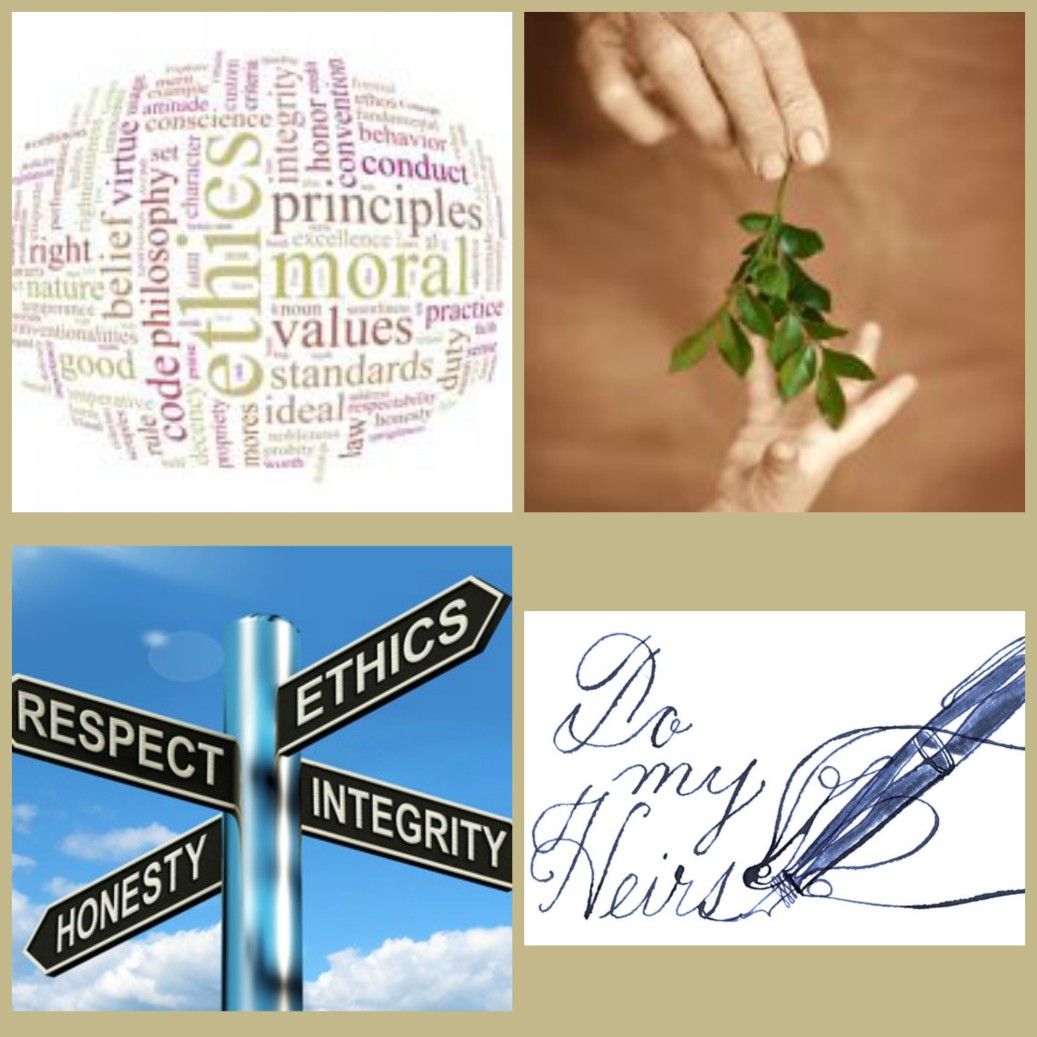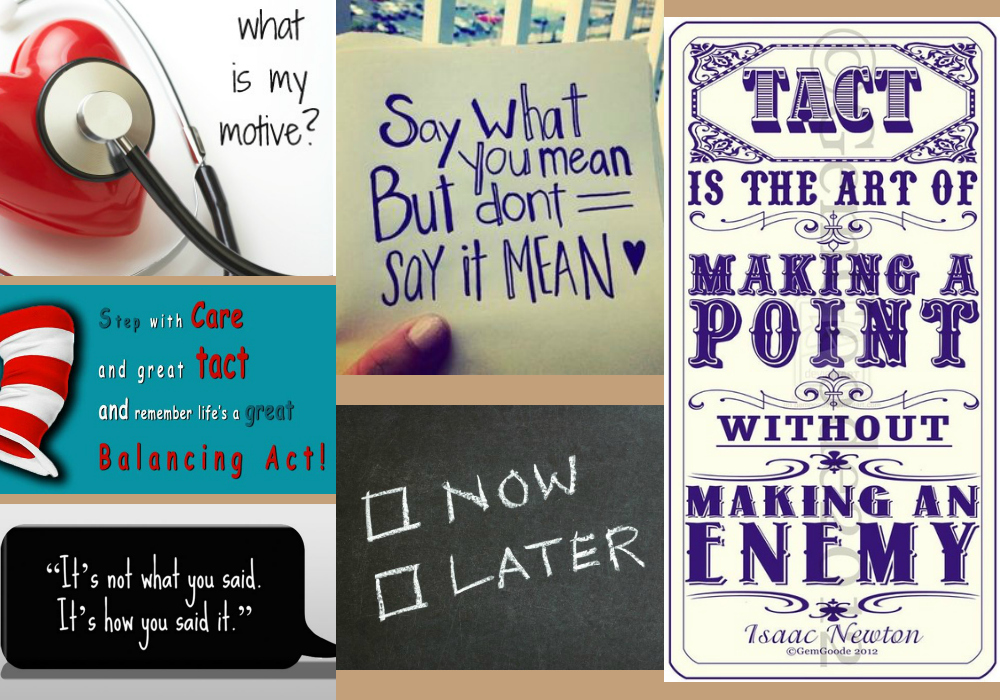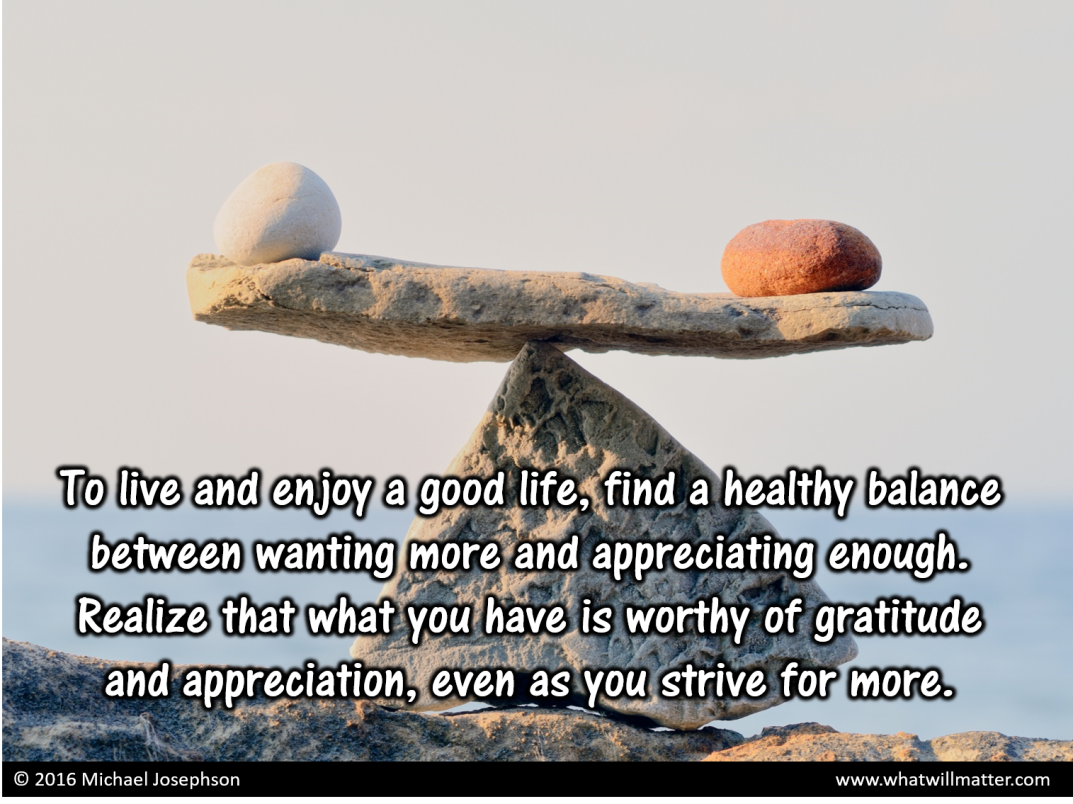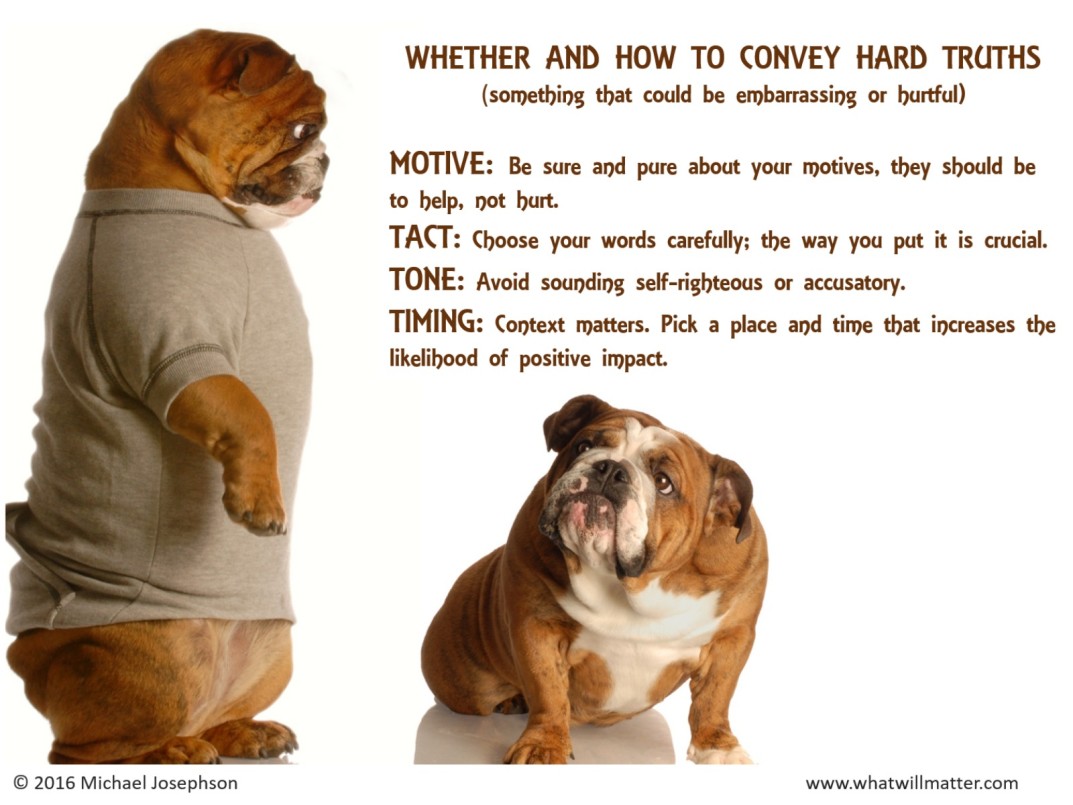When someone you care about is suffering greatly, what’s the right thing to say to make him or her feel better? There are all sorts of traumas that can send us to the darkest dungeons of despair – the death of a loved one, being raped, getting a divorce, losing a limb, seeing a child sent to jail or on …
COMMENTARY 987.3: Appreciating a Parent’s Love
While window-shopping in New York City, I saw an old gold watch that reminded me of one my father gave me when I graduated from college. It had been engraved with the simple inscription “Love, Dad.” But it was stolen during a burglary years ago, and I hadn’t thought much of it or the inscription since. I always knew my …
COMMENTARY 986.5: Teach or Punish, That Is the Question
As Greg paces the floor, waiting for his 17-year-old daughter Sandy to return from a school event, he feels two conflicting emotions: fear and anger. Fear that something terrible has happened to her. Anger because he thinks his fear is probably unfounded and Sandy is not hurt, simply irresponsible. Finally, Sandy calls. She’s all right. She just lost track of …
The One-Minute Graduation Speech
I’ve given my share of commencement addresses, and I confess it’s a head-swelling experience to tell a captive crowd how you think they ought to live their lives while wearing an academic robe and a very silly hat. After all, didn’t they come primarily to hear what you have to say? Actually, they didn’t. In fact, graduation speakers are impediments …
Something for Teenagers to Think About: A Graduation Speech for Middle and High-School Graduates
This is graduation season. Many high-school and middle-school students will be moving on to the next stage of their lives. Some will be sad to say goodbye to their school, classmates and, maybe, even a teacher or two. Others can’t wait to leave it all behind.
COMMENTARY: A Call for More Civility
When George Washington was 16, he discovered a booklet of 110 maxims describing how a well-mannered person should behave. He was so convinced that these maxims would help him become a better person that he set out to incorporate them into his daily living. Among Washington’s many virtues, his commitment to civility marked him as a gentleman and helped him become …
COMMENTARY: A Jar Full of Rocks
Prioritize Your Life – What You Can Learn From a Jar Full of Rocks It seems that no one has enough time to do all the things they want to do. After all, there’s only so many hours in a day. It’s true we can’t expand our day but we can make better use of it by being more intentional …
COMMENTARY: Do I Have to Tell Everything?
COMMENTARY: Do I Have to Tell Everything? Should a job applicant properly withhold information about a criminal record or termination from a previous job? Should a woman starting a new relationship say nothing about a previous marriage or abortion? These are problems of candor: When does an ethical person have a duty to reveal negative information about his or her …
COMMENTARY 984.2: How to Change Attitudes and Behavior
In yesterday’s commentary, I talked about a teacher named Shavonne who was at wits end with several students, including Leon, whose lack of self-control when he became angry or frustrated constantly created trouble. She was certain that nothing short of intense therapy could change his behavior. Changing Leon’s behavior will be a challenge, but it has to start with changing …
COMMENTARY 983.1: Seven Truths for Bosses
Here are seven truths I’ve discovered in my struggles to be an effective boss: It’s not what you say that matters; it’s what people hear. Just because you said it doesn’t mean they heard it. Just because you wrote it doesn’t mean they read it. Be sure your message is received and understood. There are lots of things you don’t know …
Appreciate Your Loved Ones
“The deepest craving of human nature is to be appreciated.” – William James “Expressing appreciation with words, a smile, or a hug costs so little and means so much. If can make a day or even change a life.” – Michael Josephson
COMMENTARY 982.1: Do a Little More
In 1964, a young woman named Kitty Genovese was stabbed to death outside her apartment building in Queens, New York. She was attacked repeatedly over the course of an hour and despite her screams, none of the 38 neighbors intervened or called for help. Some were afraid. Some didn’t want to get involved. Some thought someone else would do it. …
COMMENTARY: The Disease of Low Expectations
The serious damage done to our economy, social institutions, and personal relationships by widespread cheating and dishonesty is bad enough. But widespread acceptance of such behavior as inevitable threatens to make our future a lot worse. In effect, our culture is being infected by a disease: the disease of low expectations.
COMMENTARY: Fixing Toxic Relationships
Are there people in your life who regularly cause you to feel bad about yourself? Most of us care what others think of us, so knowing that someone doesn’t like or approve of the judgments we’ve made or how we look can be hurtful.
COMMENTARY 980.2: Family Values
Our values — the core beliefs that drive behavior — determine our character, our ethics and our potential. Thus, the most important thing we can do for our children is to stimulate them to develop positive values that will help them become wise, happy and good. This is no simple matter. The first step is to achieve greater clarity about …
COMMENTARY 980.1: Who Am I to Judge? – The Ethics of Moral Judgments
Almost every week someone indignantly attacks my integrity because I offended them with a real or perceived opinion they didn’t like. The underlying assumption is that stating an opinion on any controversial matter violates the sacred duty of neutrality. First, I’m a teacher and a commentator, not a judge or journalist. Although I strive mightily to be objective, I don’t …
COMMENTARY: Teaching Our Children to Be Better Than Us
Do parents have moral standing to impose standards on their children that they themselves did not follow when they were kids? Is it ever ethical for parents to lie
COMMENTARY: Learning and Believing
One of the marks of our species is our limitless capacity to learn. Sometimes we learn how to do something we’ve never done before. Sometimes we learn facts about the world, about other people, and about ourselves.
COMMENTARY 978.5: Understanding Change: The Elephant and the Rider
It took me a long time to realize the limitations of logic. For much of my life, including a 20-year stint as a law professor, I relied on discourse and reasoning to understand and resolve problems. I believed that I should suppress feelings that could result in irrational behavior, and I had little patience for those who seemed to govern …
COMMENTARY 977.5: Things Are Just Things
Years ago, a listener told me her mom died leaving only a general will and a house full of personal items with sentimental and, in some cases, significant financial value. My listener said tensions were building among her and her two sisters as they approached the problem of allocating their mom’s stuff. Each sister had different and conflicting expectations. The …
COMMENTARY 977.2: Tell Someone They’re Valued
The students at Sandy’s high school were badly shaken by the news that a classmate had killed himself. The suicide note said, “It’s hard to live when nobody cares if you die.” Glen, a teacher, realized this was a teachable moment about the importance of making people feel valued. He asked the class to imagine they were about to die …
COMMENTARY 976.2: Motive, Tact, Tone, Timing
Trustworthiness is essential to good relationships, and honesty is essential to trustworthiness. Being honest isn’t simply telling the truth, though. It’s also being sincere and forthright. Thus, it’s just as dishonest to deceive someone by half-truths or silence as it is to lie. But what if honesty requires us to volunteer information that could be damaging or hurtful? For example, …
COMMENTARY 976.1: Good Karma
I get lots of emails containing words of wisdom. I appreciate every one of them, but one time I got a real keeper. Here are 17 incredibly powerful observations attributed to the Dalai Lama worth posting on your bathroom mirror. Learn them and live them. They will improve your life. 1. Follow the three Rs: respect for self, respect for …
COMMENTARY 975.4: A Parent’s Love for the Family Treasure
There are all kinds of love. The passionate romantic love immortalized and often fantasized by poets and novelists; Platonic love among friends, the love of humanity preached by missionaries and ministers, the love of country, and even the love of our work. I’ve been fortunate to have experienced all of these forms but none has impressed me more than the deep, enduring …
COMMENTARY: Acts of Kindness and Two Sets of Proud Parents
I received an email with a story worth sharing. Only the names have been changed to preserve privacy. Doug is the proud and loving father of Emma, a high school junior who takes a leadership class responsible for putting on dances and other student events.
COMMENTARY 971.3: FINDING A HEALTHY BALANCE: To live and enjoy a good life, find a healthy balance between wanting more and appreciating enough. Realize that what you have is worthy of gratitude and appreciation, even as you strive for more.
It’s both a strength and weakness of human nature that we’re never satisfied for long. Whatever we have, wherever we are, most of us want more and better. When focused on money or power, our insatiability can turn into happiness-crushing greed, avarice, and obsessive ambition. But in many other areas of our life, our desire for more and better can …
COMMENTARY 971.1: HOW AND WHEN TO CONVEY HARD TRUTHS — Motive, Tact, Tone, and Timing
Trustworthiness is essential to good relationships, and honesty is essential to trustworthiness. Being honest isn’t simply telling the truth, though. It’s also being sincere and forthright. Thus, it’s just as dishonest to deceive someone by half-truths or silence as it is to lie. But what if honesty requires us to volunteer information that could be damaging or hurtful? For example, …
COMMENTARY: Good Relationships Make a Good Life
If we interviewed 100 happy people, I think the most prominent common denominator would be good relationships.
Making Resolutions of Principle
The tradition of making New Year’s Resolutions reflects one the very best qualities of human nature – the ability to reflect on and assess our lives in terms of the goals we set for ourselves and the principles we believe in. It’s still not too late to formulate a self-improvement plan to make our outer lives and inner selves better …
COMMENTARY 953.4: Money Is the Icing, Not the Cake
Despite the advice of preachers and philosophers warning us of the shortcomings of money, it’s hard to argue with Gertrude Stein’s observation: “I’ve been rich and I’ve been poor. Rich is better.” Although money is better at reducing suffering caused by poverty and relieving anxiety caused by debt than it is at making us happy, it can buy lots of things that make …



















